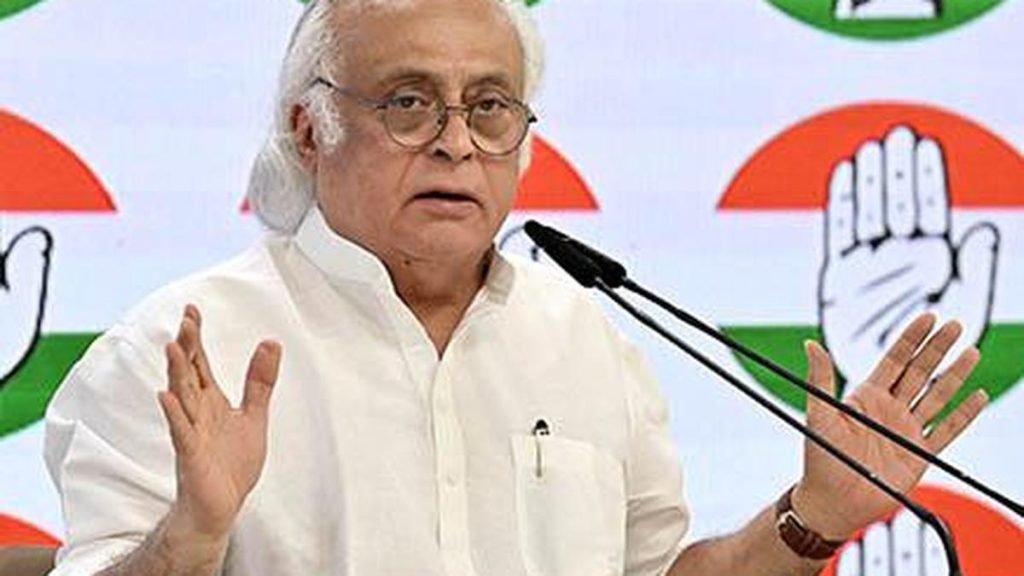Now Reading: Griefbots Redefine Digital Immortality, Spark Ethical Debate on AI Use
-
01
Griefbots Redefine Digital Immortality, Spark Ethical Debate on AI Use
Griefbots Redefine Digital Immortality, Spark Ethical Debate on AI Use

Fast Summary
- The concept of “digital immortality,” facilitated through AI-powered “griefbots” or “deadbots,” enables virtual representations of individuals even after their biological death.
- These bots are created using extensive personal data (videos,messages,audio recordings) and generative AI technologies to predict and replicate behaviors.
- The industry has evolved significantly over the last decade from speculative ideas to commercial applications involving holograms and interactive archives.
- Ethical concerns include consent issues, emotional impact on users (especially vulnerable groups like children), data profit exploitation, and potential for addiction/manipulation by these technologies.
- Cultural differences in acceptance of griefbot technology are being studied across India,China,Poland,and other regions as part of an intercultural analysis project to understand its varied implications globally.
indian opinion Analysis
The emergence of griefbots raises complex ethical considerations that India must thoughtfully address before adopting such technologies widely. With a culture deeply rooted in spirituality and traditional mourning practices, digital immortalization could conflict with societal norms about death’s finality. While it may offer some comfort or serve as tools for preserving family histories or educational archives, it risks introducing emotional burdens during the grieving process-notably among youth and vulnerable communities-which Indian regulators must safeguard against.
Moreover, the lack of clear policies concerning consent poses moral dilemmas: who owns postmortem data? Given India’s position as an increasingly prominent tech player globally yet grappling with fragmented privacy laws domestically (e.g., ongoing debates around digital safety framework), incorporating this particular branch into structured guidelines will be critical moving forward.
As India is identified as one focus country for intercultural exploration into public responses surrounding those deaths-science contextual momentum likely trickles wider debate/question-related praxis scale inclusivity economic sociology intersections
























